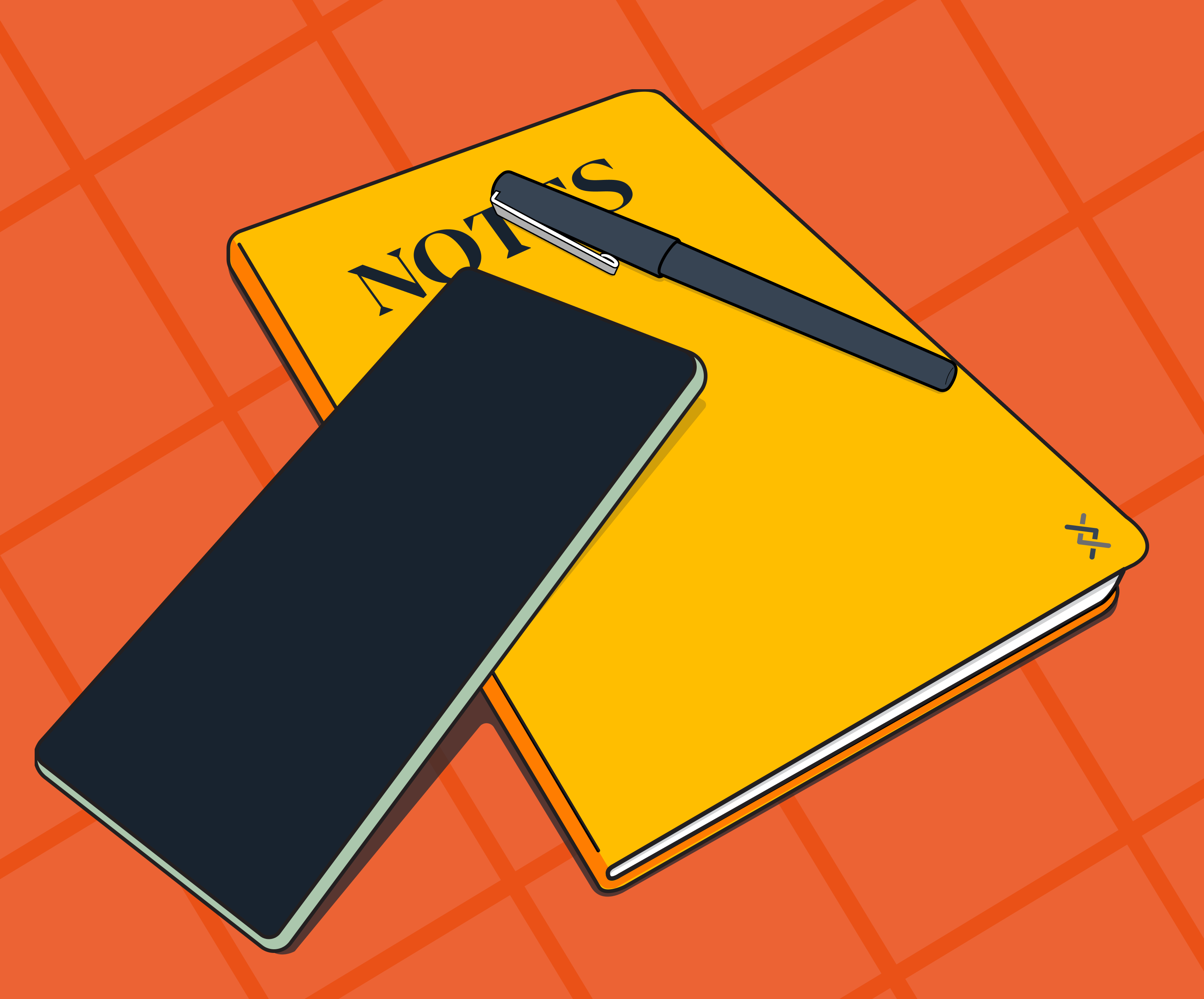
For the past several years I have been running a Dungeons and Dragons campaign. This has been highly enjoyable to put together and also a lot of work. We run our sessions in person and because of that luxury I have not had to delve into any of the digital tools that exist for running remote sessions. This has allowed me to keep everything pen and paper. I’ve got two notebooks that I use for this. One has blank pages that I use for working through ideas. The other is a dotted grid that is invaluable for drawing maps and diagrams. I seriously cannot recommend this style enough for that purpose.
During the game sessions themselves I have found that no matter how much I want to take notes about what is going on I do not have the capacity to do that and also run the game effectively. It takes a lot of concentration to keep everything in my head and be able to react on the fly to the antics that take place.
This means that by the end of the evening I have a very nebulous idea of what has actually happened.
I have been lucky enough to have engaged players that actually do take notes. They are also gracious enough to share them afterwards so that I can read through them. I’ve come to the wonderful realization that everyone takes notes very differently. I have players that write down full sentences and draw maps, players that just write down important names of characters and places, and one player that doodles what seems at first glance to be nonsense in the margins of their character sheet. Subsequent glances usually reveal that these doodles are relevant, but require some explanation to be understood.
Over time I have come to the realization that these notes not only work to refresh my memory when I am planning out the next session, but they also give me insight into what everyone found to be important.
This has helped me to be able to craft the story in ways that I may not have thought of had I not had the details that their notes provide.
I may have mentioned very briefly in a description that the town blacksmith seemed a little off when they were asking about the price of forging some silver arrowheads and see from the notes later that almost everyone thought that was important.
Now that blacksmith is important.
Maybe he’s secretly a were-creature that doesn’t want to work with silver. Maybe he recognizes the group from his cousin’s story about an “accidental” fire in his village where the group may have been involved.
I was actually just describing his nervousness because a group of five dangerous looking individuals barged into his place of business and started trying to haggle the cost of his services without really even saying hello.
I have gotten so much value out of seeing different written perspectives from one shared activity that I am now thinking about ways to introduce this into the projects that I am working on.
We have started using a shared Obsidian instance for a new project that is currently in the discovery process. I think it would be a worthwhile experiment to try and get everyone involved to put together a quick list of the two or three takeaways from the discussion after a meeting. I think that this could help to hone in on the items that multiple people found to be important. It could also help to see if there is consensus, or if everyone had a different impression of the topics that were discussed.
Loved the article? Hated it? Didn’t even read it?
We’d love to hear from you.





I enjoyed reading this, because it speaks to a problem we all face, and it speaks in my language. I’ve carried personal notebooks for 30 years or more, and I’ve longed for the day when paper and electronic notes will truly merge (at least I think I do). As an early adopter of OneNote, it was by go-to app for years, but I eventually became dissatisfied with its limitations (many of which could be addressed with a paid add-on). I’ve been using Obsidian for about 2 years and appreciate its multi-platform, pure-text format and its extensibility. I can’t help but think, though, that it’s my margin notes and scribbled notebook ideas that contain my best thoughts.